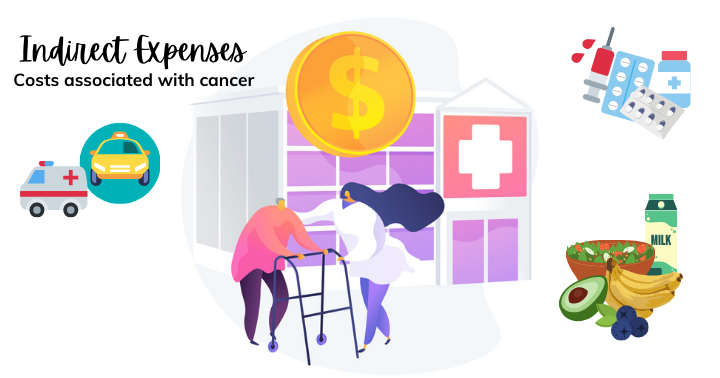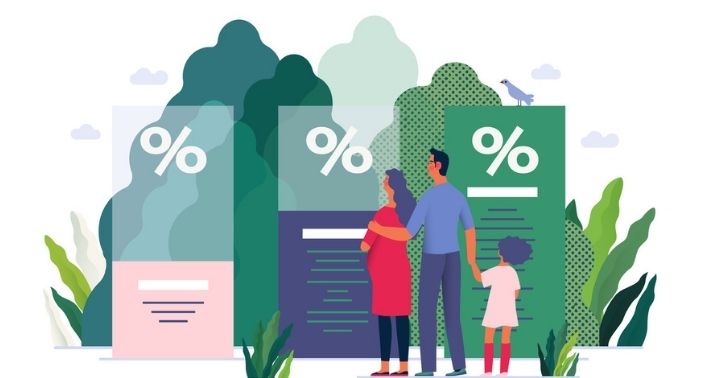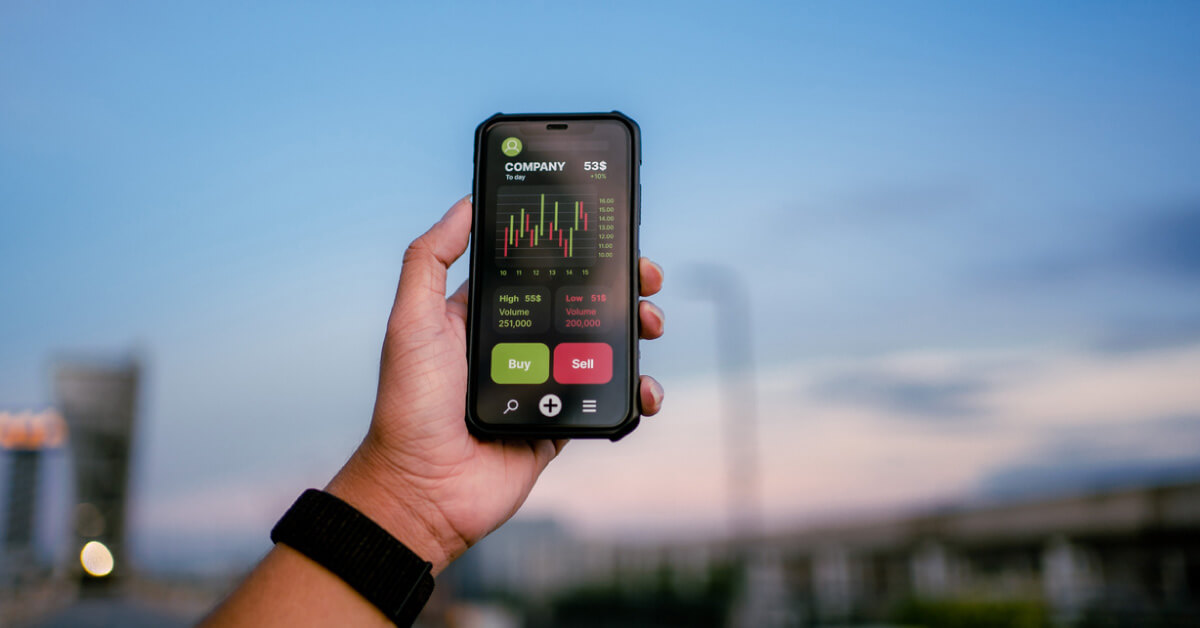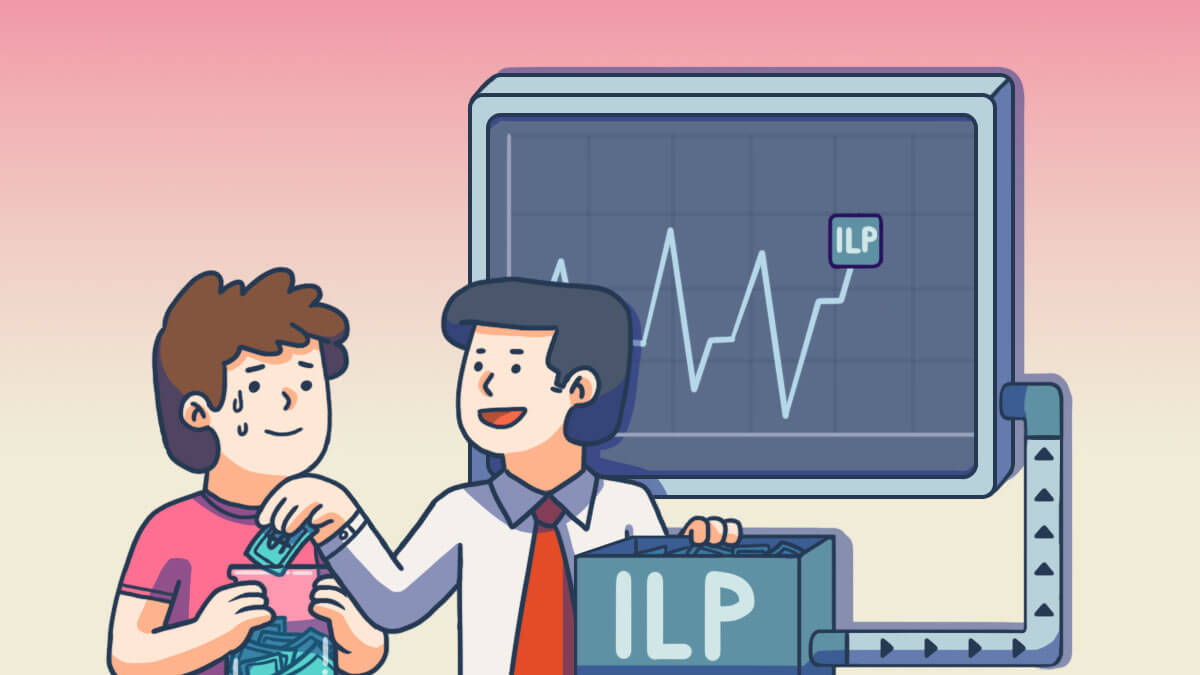Cancer is a frightening word that enters the world of approximately 39 Singaporeans who get diagnosed with it each day. The most terrifying part is undoubtedly the cost of cancer, which at best, is an exorbitant bill and at worst, death.
When the odds of getting cancer are higher than striking lottery, you know that it is something you can’t take a chance on. Read on to find how much it takes to prepare for such an event.
How much does cancer treatment cost?
Unlike most other ailments, cancer is for the most part a long drawn battle that requires treatment over a prolonged period. Due to this reason, treatment costs are often expensive.
How much it costs exactly depends on the cancer type, whether it is aggressive, early stage or late stage, and the type of treatment needed e.g. chemotherapy, radiation or immunotherapy etc.
On average, it can easily cost S$100,000 to S$200,000 a year for late-stage cancers and even more if newer treatments such as immunotherapy – which cost between S$7,000 to S$15,000 every three weeks, depending on dosage – are required.
In the meantime, the median income of a Singapore resident in 2020 was approximately S$54,408. What that means is, cancer treatment would cost the average Singaporean at least two full years of their annual income (and probably wipe out their savings in the process).
Yes, cancer is expensive and without critical illness or cancer insurance, the medical costs can be hard to bear. To give you an idea of how much you may need to prepare, here’s a breakdown of the five most common cancers in Singapore and their associated treatment costs.
Top cancers for males
|
Cancer type |
Occurrence (%) |
Associated costs |
|
| 1. | Colorectal |
16.8% |
Colonoscopy: S$1,600 to S$2,350 |
| 2. | Lung |
14.5% |
Bronchoscopy with biopsy: S$1,820 to S$3,250 |
| 3. |
Prostate |
14% |
Trans-Rectal Ultrasound (TRUS) guided biopsy: S$1,550 to S$2,250 |
| 4. | Liver |
7.8% |
Inpatient treatment: S$5,000 to S$14,300 |
| 5. | Lymphoma |
6.6% |
Lymph node biopsy: S$3,070 to S$5,000 |
Source: MOH
Top cancers for females
|
Cancer type |
Occurrence (%) |
Associated costs |
|
| 1. | Breast |
29.4% |
Breast biopsy: S$1,325 to S$6,350 |
| 2. | Colorectal |
13.1% |
Same as above |
| 3. | Lung |
7.6% |
Same as above |
| 4. | Uterine |
7.1% |
Hysteroscopy: S$2,300 to S$3,950 |
| 5. | Ovarian |
5.1% |
Tumour/cyst removal: S$7,755 to S$10,750 |
Source: MOH
Common costs associated with cancer treatment
| Treatment |
Estimated cost |
|
Imaging (CT, MRI, PET, bone scan) |
S$2,300 to S$4,000 |
| Blood test |
S$150 to S$500 |
| Biopsy (Fine needle aspiration/core needle biopsy) |
S$150 |
| Open biopsy |
S$10,000 to S$15,000 |
|
Chemotherapy |
S$2,000 to S$8,000 |
| Radiotherapy |
S$4,000 to S$7,000 (short course) |
Source: Parkway Health Centre
Other costs associated with cancer
Besides medical treatment costs, which form the bulk of the expenses, there are other indirect expenses that can slowly, but surely add up to a burgeoning check.
This includes additional monetary costs for medications, trial drugs, health supplements and medical supplies such as feeding tubes or ostomy bags. In cases where treatment is only available overseas, you would also have to account for travelling expenses or flying the medication over to Singapore.
In the meantime, cancer patients often suffer from side effects and investing in better quality food and items such as will also add on to the daily household expenses.
When battling cancer, the frequent trips to the hospital for therapy and check-ups can easily rack up a sizeable transportation cost and put you back S$20 per trip. For instance, travelling for radiotherapy (which comprises at least 30 sessions) by taxi/private car hires will cost you at least S$1,200!
Let us also not forget the cost of caregiving. Palliative care in a hospice costs about S$250 to S$350 per day while home care services can be found at S$25 per hour. Some may also seek professional rehabilitation, which cost between S$121 to S$210 per session, to overcome the fatigue and physical stress that cancer and its treatment brings.
#TiqOurWord Cancer insurance provides a lump-sum payment upon diagnosis and allows you the flexibility to use it for whatever you need, including daily expenses.
Intangible costs
When monetary expenses are so substantial, it can be easy to overlook the intangible costs, which can be significant too. For instance, cancer and its treatment takes a toll on the body and patients may find that they no longer have the energy or time to work, sometimes resulting in unemployment.
Caregivers too, have to make lifestyle changes to care for patients, such as taking time off work to ferry or accompany patients to their appointments. All these could affect a household’s income negatively, on top of having to pay for existing commitments such as car or housing loans.
#TiqOurWord Cancer inflicts one person but affects the entire family. Caregiving can be tough but here are some tips to help you stay strong.
Managing the costs of cancer
As illustrated above, cancer comes with a litany of expenses, which sometimes, may be more debilitating than the disease itself. Without sufficient funds, cancer patients may have to compromise on their treatment plan and overall recovery.
For instance, they may have to forgo newer treatments such as immunotherapy (which costs about three times more than standard chemotherapy) or do without post-cancer rehabilitation, an important part of the recovery process.
Thankfully, there are various tools such as governmental schemes (e.g. MediSave, MediShield Life) and health insurance that can help you manage the costs without sacrificing your health.
Singaporeans can use their MediSave account to offset their hospitalisation expenses and some outpatient costs such as chemotherapy (up to S$1,200/month per patient) and radiotherapy (between S$80 to S$7,500 per treatment depending on type).
Similarly, MediShield Life – Singapore’s public health insurance scheme – helps you cover large hospitalisation bills and outpatient chemotherapy (up to S$3,000/month) and radiotherapy treatment (between S$140 to S$1,800 per treatment depending on type) as well.
Do note however, that these schemes are structured to meet subsidised rates at public hospitals and pegged to B2/C type wards. Treatments at private hospitals or even A wards in public hospitals can cost much more and relying on the government schemes alone may not be enough.
How much you can withdraw from your MediSave is also limited to your CPF contributions, which may not be very much if you are self-employed or new to the workforce. Prolonged treatments would also wipe out your funds faster than you can say ‘remission’.
Here’s where private health insurance comes in. Cancer insurance and critical illness plans are additional resources that can help to cover the shortfall without costing you a limb.
For instance, you can get cancer coverage from as low as S$0.27/day* with Tiq Cancer Insurance by Etiqa and the flexibility of choosing between coverage of S$50,000, S$100,000 or S$200,000 to meet your needs.
The best part of all? Tiq Cancer Insurance covers all stages of cancer with a full pay-out, so you can get treatment when you need it most, AND celebrate each year that you remain healthy with 6% savings on your policy renewal if no claims have been made!
#TiqOurWord It is still worth getting cancer insurance even if you have a critical illness plan as the latter may not cover for early-stage cancers.
You can cancel cancer
Cancer, by itself, is already an exhausting foe to behold. Instead of dealing with the unnecessary stress of treatment costs, protect yourself with cancer insurance today so that you can focus on what truly matters when the time comes – surviving cancer.
*Premium based on S$50,000 cover for 20 year-old male, non-smoker.
[End]
Information is accurate as at 21 January 2021. This policy is underwritten by Etiqa Insurance Pte. Ltd. (Company Reg. No. 201331905K. Protected up to specified limits by SDIC. You should seek advice from a financial adviser before deciding to purchase the policy. If you choose not to seek advice, you should consider if the policy is suitable for you. As this product has no savings or investment feature, there is no cash value if the policy ends of if the policy is terminated prematurely. It is usually detrimental to replace an existing policy with a new one. A penalty may be imposed for early termination and the new plan may cost more or have less benefit at the same cost. This advertisement has not been reviewed by the Monetary Authority of Singapore.
Tiq by Etiqa Insurance Pte. Ltd.
A digital insurance channel that embraces changes to provide simple and convenient protection, Tiq’s mission is to make insurance transparent and accessible, inspiring you today to be prepared for life’s surprises and inevitabilities, while empowering you to “Live Unlimited” and take control of your tomorrow.
With a shared vision to change the paradigm of insurance and reshape customer experience, Etiqa created the strong foundation for Tiq. Because life never stops changing, Etiqa never stops progressing. A licensed life and general insurance company registered in the Republic of Singapore and regulated by the Monetary Authority of Singapore, Etiqa is governed by the Insurance Act and has been providing insurance solutions since 1961. It is 69% owned by Maybank, Southeast Asia’s fourth largest banking group, with more than 22 million customers in 20 countries; and 31% owned by Ageas, an international insurance group with 33 million customers across 16 countries.
Discover the full range of Tiq online insurance plans here.








